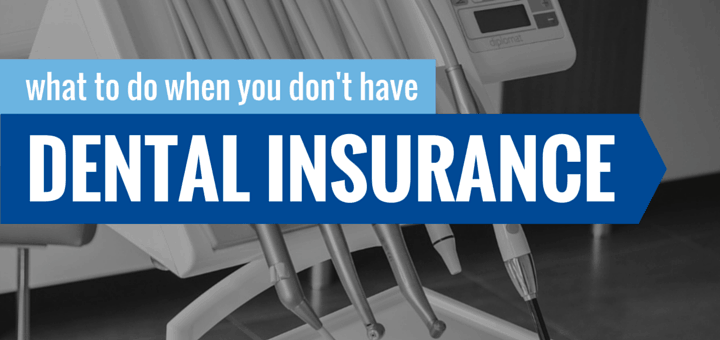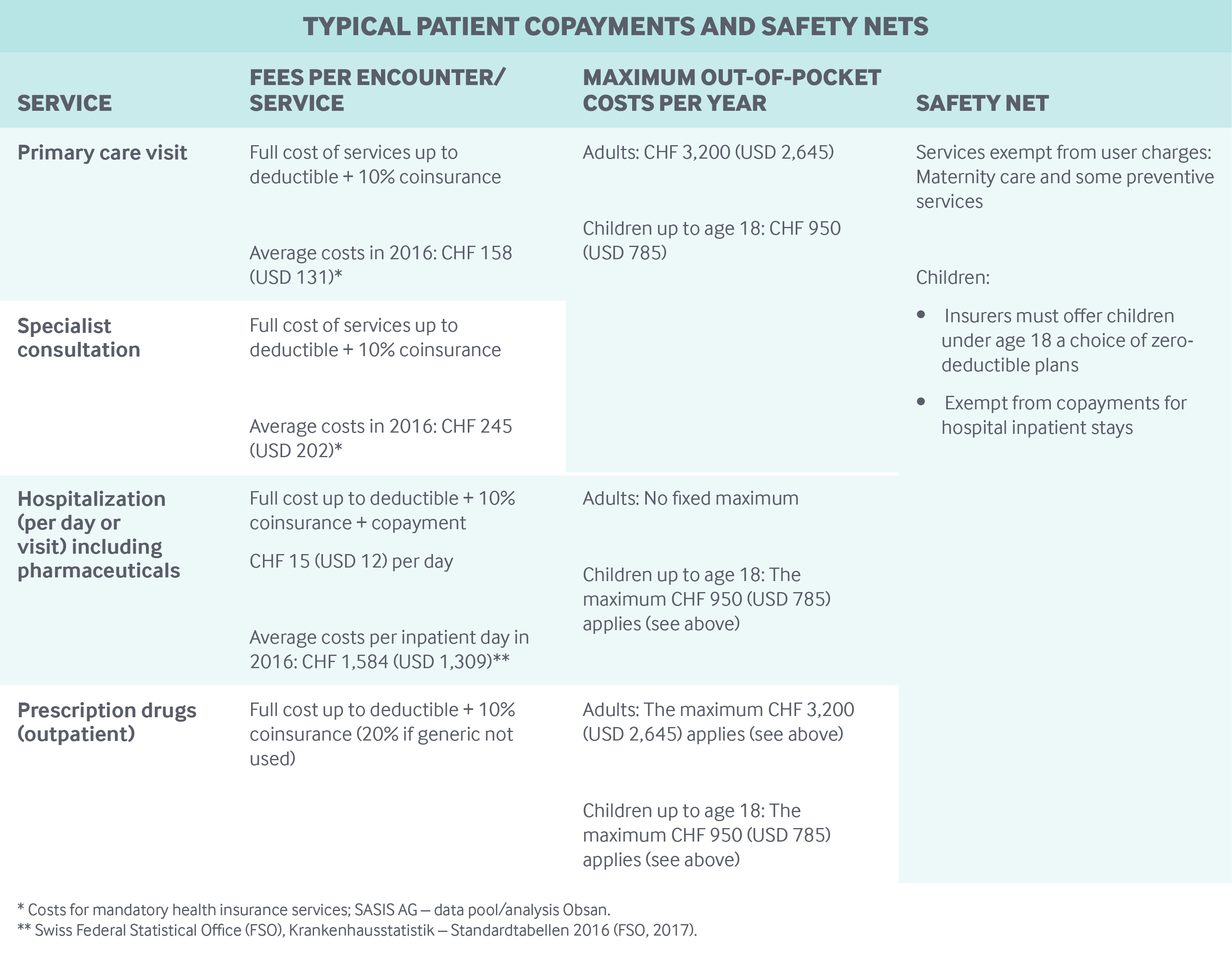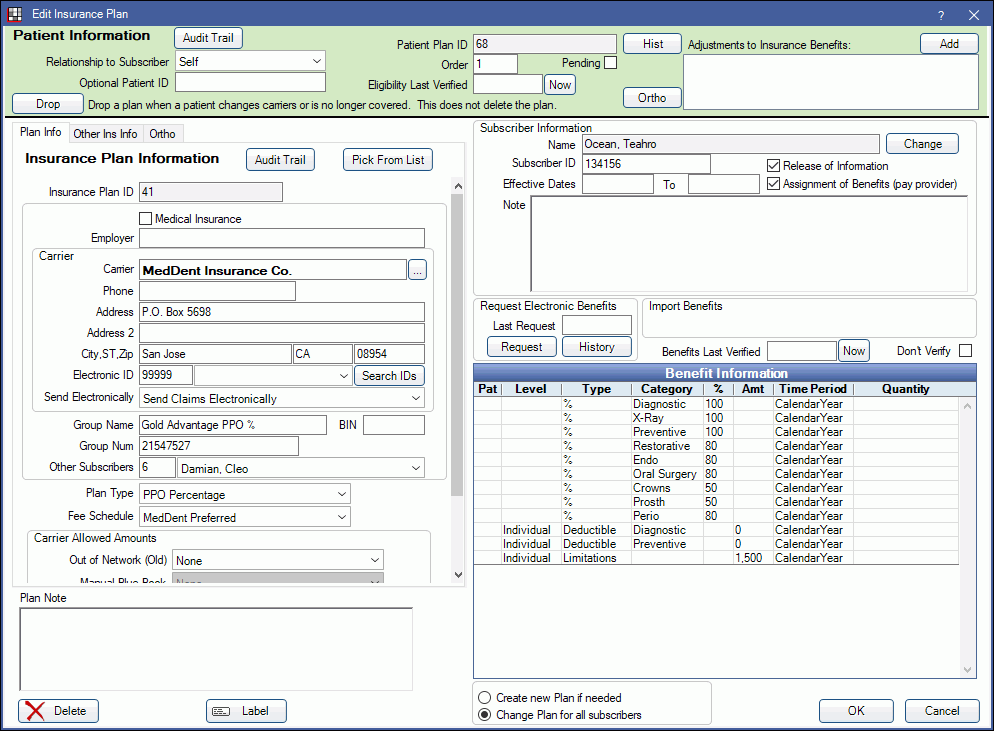Some individuals and families have secondary insurance plans, which could “fill the gaps in a policy holder’s dental or medical coverage. Gaps in coverage can occur when the primary policy’s annual spending limit is reached, or when a policy doesn’t provide coverage for necessary or desired dental treatments” (“Supplemental Dental Insurance”). Since some dental insurance provides little to no coverage for more expensive treatments, dual coverage helps make treatments more affordable for patients. However, clinics and patients must follow its rules and policies.
Patients must categorize their primary and secondary insurance plans. According to the Delta Dental website, “The general rule is that the plan that covers [the patient] as an enrollee is the primary plan and the plan which covers [him or her] as a dependent is the secondary plan” (“If you are covered by two dental plans”). For instance, a patient’s insurance plan from the employer is primary, while his or her spouse’s plan is secondary (Lowery 2016). Regarding their children, clinics and patients must follow “the birthday rule,” which means that the “coverage of the parent whose birthday—month and day, not year—comes first in the year is considered to be [the parents’] children’s primary coverage” (“If you are covered by two dental plans”). In a divorce, the parent to whom the court chose for “financial responsibility for the child’s health care bills” has the primary plan (Duncan 2013). However, if the court does not choose a parent for this responsibility, the birthday rule will still be in effect (Duncan 2013). For an individual with two jobs that provide dental insurance plans, “the primary plan is usually the one that has provided coverage the longest” (Lowery 2016).
Additionally, several policies determine the patients’ coverage amount. For instance, “A Traditional coordination [of benefits] would be when the expenses will be covered entirely for the patient’s services between the two plans” (Unitas 2016). In non-duplication of benefits clauses, “the secondary plan will not pay any benefits if the primary plan paid the same or more than what the secondary plan allows for that dentist” (“If you are covered by two dental plans”). Another rule in contracts is “Maintenance of benefits (MOB) [which] reduces covered charges by the amount of the primary plan has paid, and then applies the plan deductible and co-insurance criteria. Consequently, the plan pays less than it would under a traditional COB arrangement, and the beneficiary is typically left with some cost sharing” (Brown 2017). A carve out provision “is a coordination method which first calculates the normal plan benefits that would be paid, and then reduces this amount by the amount paid by the primary plan” (Brown 2017). If claims to the two insurance companies contain errors, then the claims get denied, resulting in patients that may have to pay some out-of-pocket expenses (“Supplemental Dental Insurance”).
Clinics and patients must follow the rules associated with dual coverage. Ultimately, dual coverage may greatly help patients in reducing their costs for expensive yet necessary dental treatments.
Apr 30, 2019 Full coverage dental insurance plans do exist with no annual maximum benefit limits. You cannot find anything higher than unlimited. If your dentist is recommending a significant treatment protocol, this may sound appealing – until you discover the caveats. The carriers are in business to make money. See if any of our dental insurance plans are right for you. A UnitedHealthcare dental plan can provide the dental care you and your family need.
HealthMarkets Insurance Agency, Inc. Is licensed as an insurance agency in all 50 states and DC. Not all agents are licensed to sell all products. Service and product availability varies by state. Sales agents may be compensated based on a consumer’s enrollment in a health plan. No obligation to enroll. Agent cannot provide tax or legal advice. Cigna Dental Insurance Plans You can enroll in a Cigna Dental plan with or without a Cigna medical plan. Affordable plan options, thousands of dentists, and locations to choose from in convenient locations across the U.S.— That's why over 17 million customers choose Cigna dental insurance.5. Jan 25, 2021 Dental Preventive Plus PPO: $50 per person deductible (maximum $150 per family) with a six-month waiting period on basic services. Dental Loyalty Plus PPO: $150 individual lifetime deductible.
Bibliography
Brown, Jaycee. “Understanding How Insurance Pays: Types of Coordination of Benefits or
COB.” eAssist Dental Billing, August 2, 2017. http://dentalbilling.com/understanding-insurance-pays-types-coordination-benefits-cob/.

Duncan, Teresa. “Coach’s Corner for Dental Coding: When to use primary and secondary
insurance.” DentistryiQ, April 15, 2013. http://www.dentistryiq.com/articles/2013/04/coach-s-corner-for-dental-coding–when-to-use-primary-and-second.html.

“If you are covered by two dental plans.” Delta Dental. Accessed September 13, 2017.
https://www.deltadentalins.com/individuals/guidance/dual-coverage.html.
Lowery, Amanda. “How to Use Two Dental Plans.” Delta Dental, April 19, 2016.
http://deltadentalwiblog.com/understanding-coverage-two-dental-plans/.
Unlimited Dental Insurance
:max_bytes(150000):strip_icc()/Humana-39cda00383d846bdb0519f2f0b7bcdca.jpg)
“Supplemental Dental Insurance.” DentalPlans.com. Accessed September 13, 2017.
https://www.dentalplans.com/dental-information/dental-insurance/understanding-supplemental-dental-insurance.
Unitas. “How to Bill Secondary Insurance.” Unitas PPO Solutions, October 13, 2016.
http://unitaspposolutions.com/how-to-bill-secondary-insurance/#.
Dental Insurance With No Copay Limit

What Does Dental Insurance Not Cover
Information on Authors:
Amanda Lowery: http://ddwi.meyockstest.com/blog/authors/
